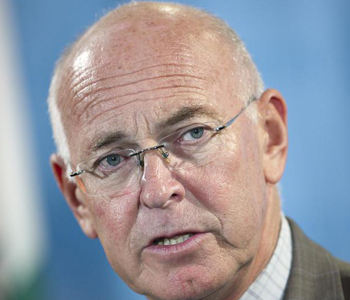Tripoli, 17 June:

The head of the UN mission in Libya, Ian Martin, today expressed his concern about the resumption of hostilities . . .[restrict]across a number of localities in Libya, and urged the Libyan authorities and all others involved to implement those measures necessary to end the fighting.
“It is of the utmost importance that the government acts swiftly to de-escalate these conflicts and to ensure the protection and well-being of civilians”, Martin said. “The wounded need to be able to urgently access medical care, and basic humanitarian support and services must be restored to the people affected by the fighting in accordance with international humanitarian law.”
Over the past week fighting fighting has broken out around Kufra in the southeast and around Zintan and Shagiga in the Nafusa Mountains, with large numbers of people being killed and wounded in both areas.
The government first deployed the army to Kufra in February, shortly after the outbreak of hostilities between Tebu tribesmen and the town’s Arab Zway majority. Yesterday, government forces were also sent to the Zintan-Shagiga region to broker a resolution to the conflict there. Both areas are now considered to be “military zones”, severely restricting travel.
Although different in many respects, both conflicts have their roots in divisions sown by the Qaddafi regime, made worse in the upheaval and aftermath of last year’s revolution. In the Zintan-Shagiga area, fighting has predominantly been between forces from Zintan, who supported the revolution, and members of the Mashasha tribe, who largely opposed it. Smuggling and commerical rivalries have played an important role in the conflict around Kufra, but divisions between Tebu and Arabs were exacerbated by Qaddafi’s modus operandi of “divide and rule” over many years.
In his statement today, Martin stressed the need for “sustained efforts… to address the causes and consequences of local conflicts, in the spirit of the commitment of the National Transitional Council and the Government to national reconciliation”. [/restrict]








